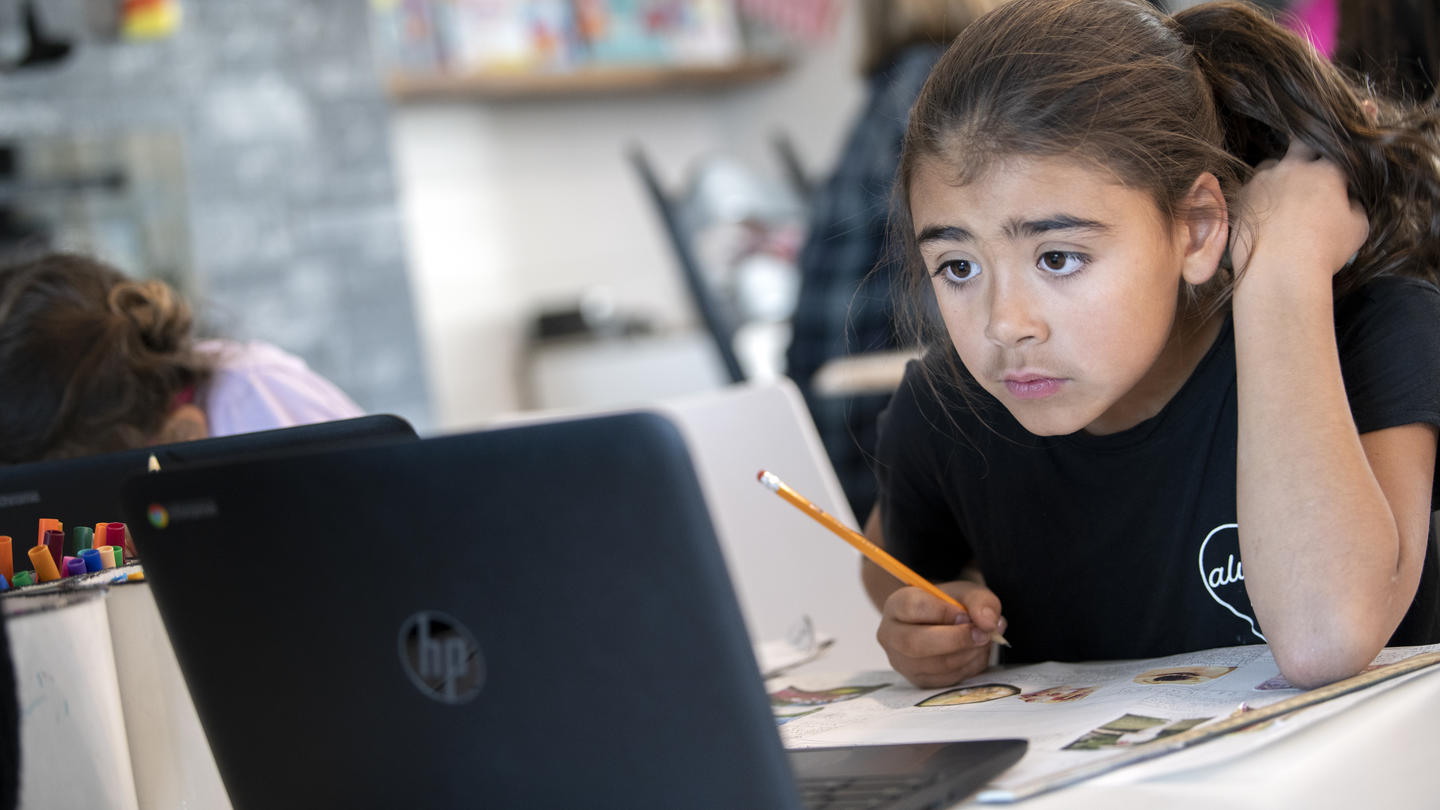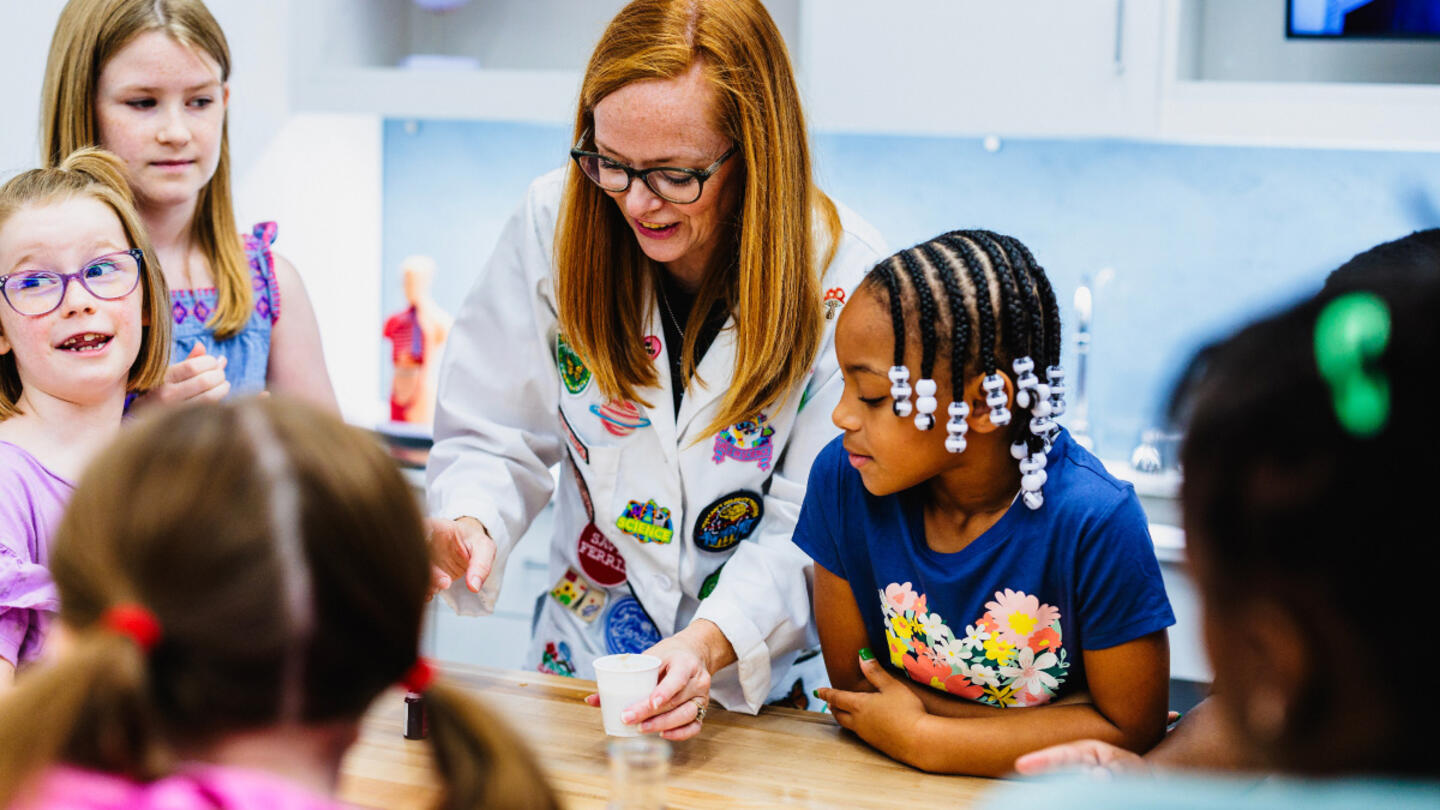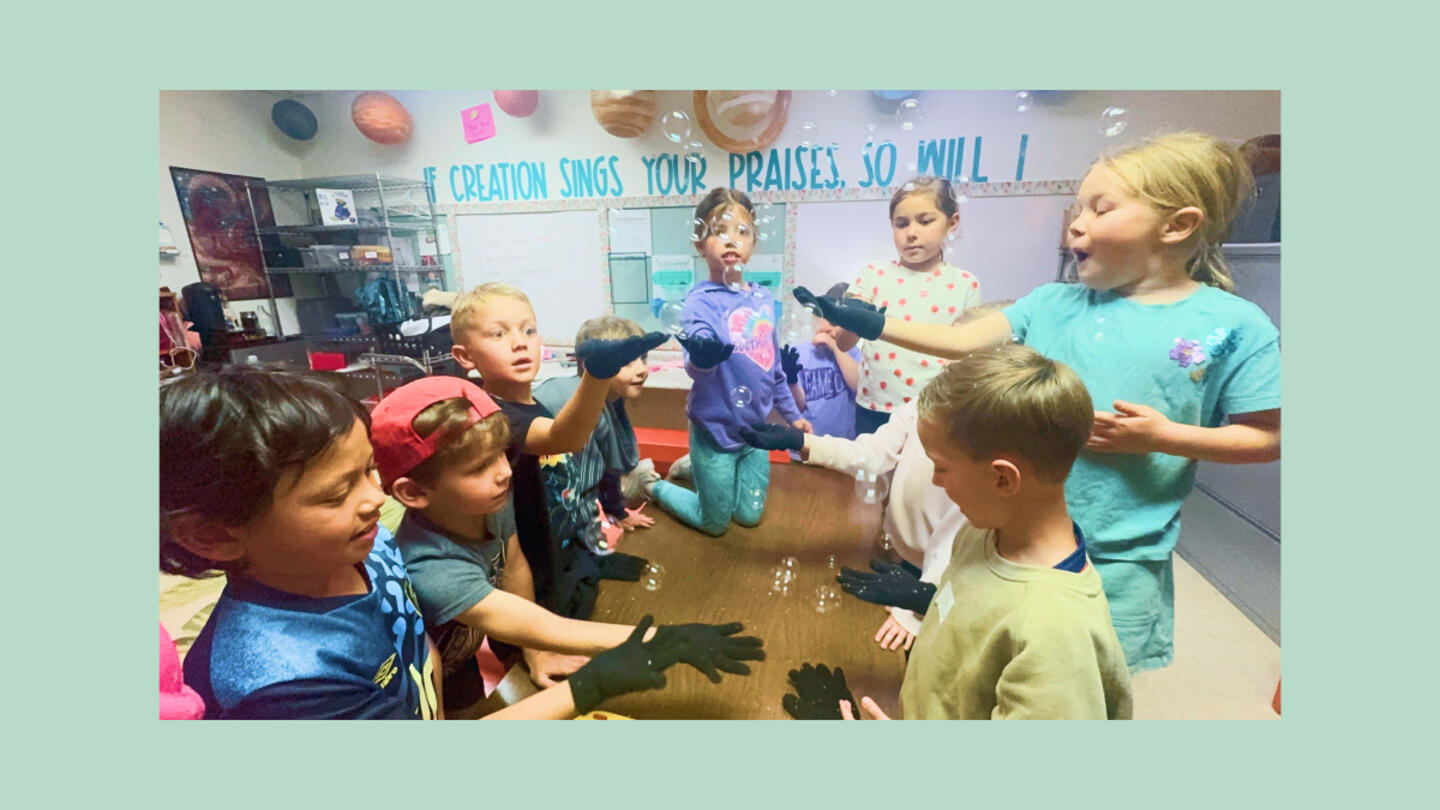It's no secret that COVID-19 caused us to reexamine the ways we think about education. While the traditional K-12 experience still remains a viable route for many, Americans have been awakened to the possibilities of new models of education, in which there are a variety of options available to meet an equally multifaceted variety of educational needs.
"The pandemic affected our experience with education," says Todd Rose, the CEO of think tank Populace. "It put kids back in the home, with parents who watched their kids learn online, if at all. And like most public shocks to systems, it tends to lead to a rethinking: 'What is it that matters to us?'"
Building on that, Populace's new study highlights a shift in what Americans want from K-12 education, and how they view the purpose of school. The Purpose of Education Index doesn't aim to pit top-down vs. bottom-up education: rather, it shows just how many choices are available alongside each other.
The Purpose of Education Index is a "first-of-its-kind, multi-year, nationally representative study designed to understand the American people's priorities for K-12 education today." Rather than interview higher-ups in administrative positions, Populace gauged the opinions of actual students, parents, and educators within the education system.
Improving education through practical skills — not just college
From 2009 to 2020, undergraduate college enrollment in the U.S. fell from 17.5 million to 15.9 million students.
The Populace study found that besides steep debt, the sometimes-unclear benefit of college itself was also a deterrent.
"It's not clear that that value is there from college anymore," says Rose. "So then when you pile on the outrageous cost … and the debt you're incurring, it's just not true. The value proposition isn't there anymore."
Post-COVID-19, respondents named preparation for college enrollment 47 out of 57 in a ranking of priorities for K-12 education. They cited the ability to manage personal finances, prepare meals, make appointments, prepare for the local job market, and other practical skills as more important to learn than less tangible academic skills.
Individualized education is taking the spotlight away from one-size-fits-all
Respondents eschewed traditional blanket approaches to education. Instead, they highlighted the value of individualized education, including allowing students to learn at their own pace, and choose methods best suited to their unique learning styles.
"Generally, Americans do not care if all students study the same thing compared to them getting to choose courses based on their individual interests," the study reports. "Data clearly illustrates that individualized and tailored approaches that recognize students' unique needs are preferred."
Priorities vary by race
Critical thinking and practical skill-building were prioritized universally; however, the study also revealed that students and parents may seek out different goals depending on their racial backgrounds.
For instance, Black respondents uniquely prioritized technological literacy. Hispanic participants highlighted a desire for students to advance based on minimum grade requirements, and valued teaching students to be a productive member of society. Asian respondents held enrollment in a college or university in high importance. Black and Asian participants both appraised teaching students how to understand and participate in democracy.
"Better" is no longer the goal in education reform — "different" is
Examined collectively, all of these findings show that being "better" has no single definition anymore. Except, perhaps, pursuing self-actualization.
"I think the takeaway is: The American public wants 'different,' not just 'better' from education," says Rose. "It's pretty clear that there's a different set of outcomes that they are expecting."
Some social entrepreneurs are laying the blueprint for new models of education already
The task at hand now is to figure out how to effectively and inclusively incorporate these options into day-to-day life at schools. Fortunately, some innovators are already lighting the way.
- Bloom Academy, for instance, has character development in its curriculum alongside arithmetic.
- Electric Girls empowers young women to feel more confident and self-reliant in pursuing STEM subjects.
- One Stone School allows students to build a flexible, individualized curriculum based on their unique interests.
What these changemakers exhibit is the resounding finding of the Purpose of Education Index: when students are given the opportunities and resources to mold their own education, fulfillment and success is not far behind.
Learn more about Stand Together's K-12 education reform efforts.



